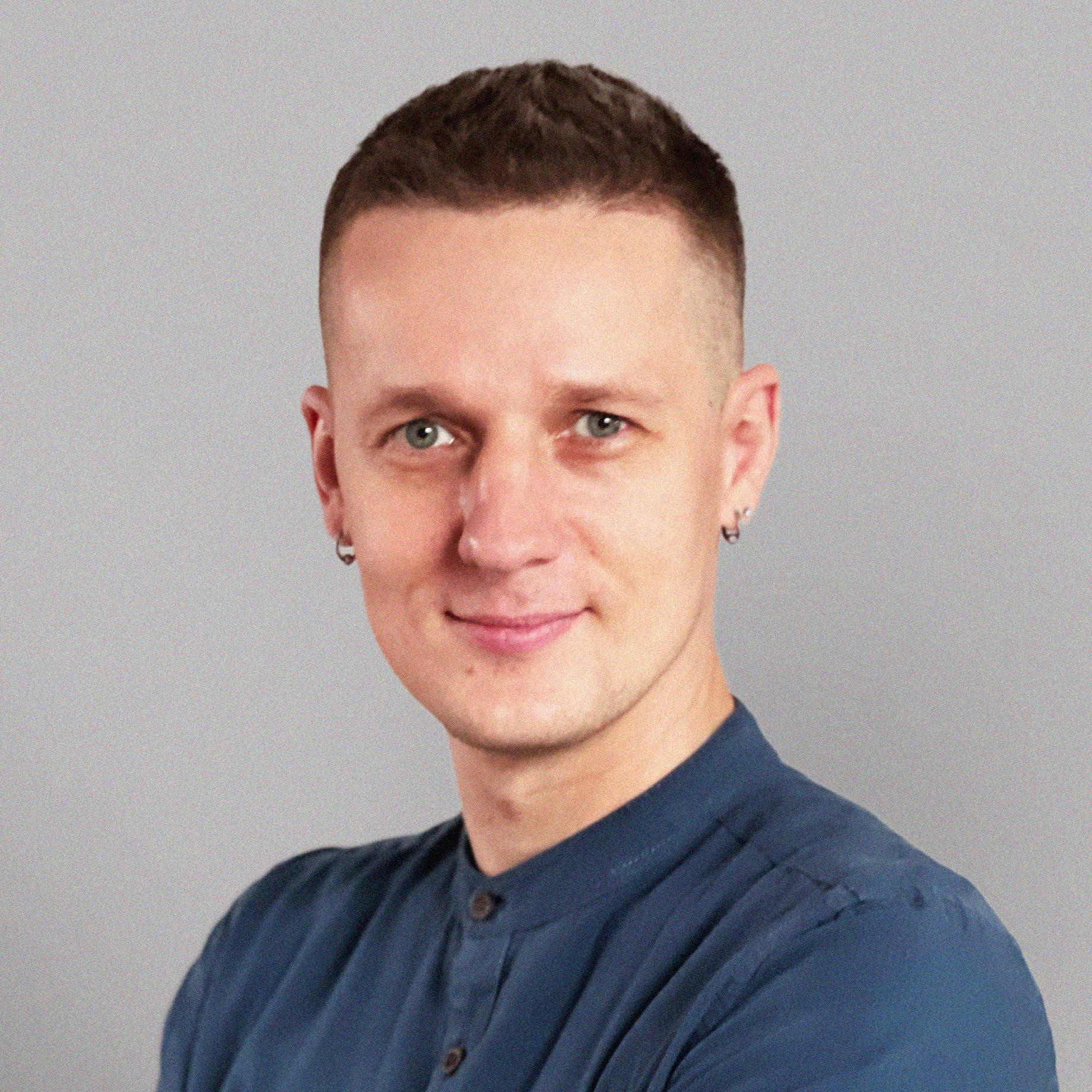#Development#AI
AI won’t replace engineers anytime soon, but it can become that elusive 10x productivity multiplier the industry has been talking about for years.
Trending articles

#Data Science
How do chatbots work? Often with a little help from AIEver wondered how chatbots work and why it seems that everyone is using them? We answer these questions in our latest blog post.
#AR/VR
How to choose an engine for VR: Unity vs UnrealBoth engines stand out as the go-to choices for VR development, but sometimes one is a better fit.
#Startups
Why big companies buy small companies and startupsHere are 5 main reasons (other than revenue) that big companies buy small companies.
#Fintech
The inevitability of stock market data analyticsChance is an outdated concept when it comes to the stock market — particularly when data analytics solutions are robust.Editors’ picks

#Development#Healthtech#AI
How AI apps improve mental health treatmentApps powered by artificial intelligence are transforming mental health treatment, from assessment to diagnosis to therapy.Apr 1, 2025
#Development
Inside DevOps teams: Roles, challenges, and best practicesDiscover why DevOps is all the rage in tech and how your organization can transform ops into opportunities for unstoppable business growth by building a winning, ultra-efficient DevOps team.Feb 26, 2025
#Fintech#AI
Machine learning in fintech and why it mattersWith AI stealing the show, it can be easy to forget how fundamental machine learning is to modern fintech operations. So don’t.Jan 31, 2025
#Startups#Cloud
6 reasons why AWS is the top cloud choice for startupsStill not sure whether AWS is the right choice for your startup? Check out this blog post, where we explore why AWS wins out over the other cloud giants and what features can be of particular value for fast-growing companies.Jan 29, 2025Meet our experts









